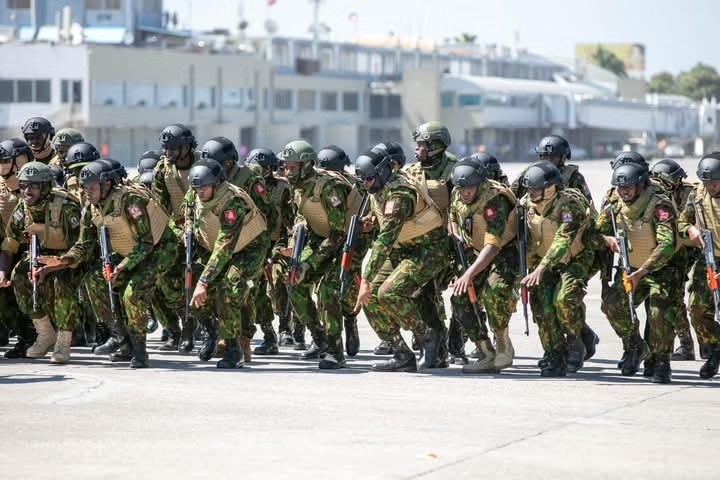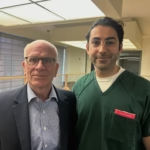The multinational security mission in Haiti could face serious funding problems in the not-too-distant future.
The United States, which is supposed to be the largest contributor to this mission, no longer intends to continue supporting this force, described as a “financial burden” by the U.S. Chargé d’Affaires to the United Nations.
During a session on Haiti, Dorothy Shea did not use diplomatic language to inform other countries that the United States has reached the end of its patience regarding support for the multinational force in Haiti.
“… while we express our gratitude to the countries that have contributed financially and in kind to the MSS, America cannot continue to bear such a significant financial burden alone,” said Ambassador Dorothy Shea during a United Nations Security Council briefing on the situation in Haiti.
In other words, Washington is calling on its partners to assume their share of responsibility in financing and supporting the stabilization of Haiti.
The ambassador nevertheless reaffirmed the United States’ commitment to working closely with BINUH, the Haitian government, the MSS, the Organization of American States, and other partners to make progress on the increasingly alarming situation in the country, while calling for greater international mobilization to support the Multinational Security Support Mission (MSS).
“The security situation is gravely concerning and hampers BINUH’s ability to fulfill its mandate,” said the ambassador, emphasizing the severity of escalating gang violence in Haiti, the rise in deaths, cases of sexual violence, and the recruitment of children into armed groups.
Faced with growing insecurity and the progressive collapse of institutions, members of the United Nations Integrated Office in Haiti (BINUH) are now forced to work mostly remotely, with a minimal presence on the ground consisting only of one doctor, a rotating nurse, and one United Nations volunteer doctor. This configuration “operationally hampers” BINUH’s mission, Dorothy Shea noted.
The U.S. ambassador stressed that “a special political mission alone, even with enhanced security measures, cannot respond to the unprecedented challenges posed by escalating gang violence.” Violence now extends well beyond Port-au-Prince, threatening national stability as a whole.
She expressed her support for the ongoing efforts of the Kenya-led MSS to assist the Haitian National Police in combating armed gangs, while welcoming the CARICOM statement condemning any attempt to destabilize Haitian institutions.
Corruption and Impunity: A Breeding Ground for Violence
Dorothy Shea did not mince words regarding widespread impunity and corruption: “We condemn the abuse of power, collusion with gangs, and the trafficking of arms and ammunition. As long as these practices continue, gang violence will only worsen.”
The ambassador mentioned the upcoming recommendations of the Panel of Experts on Haiti regarding sanctions, including asset freezes and travel bans targeting gang leaders and their supporters. She emphasized the importance of promoting accountability in order to achieve a sustainable resolution to the crisis.
Finally, she recalled that the country is facing a “dramatic delay” in organizing elections, a prerequisite for the return to democratic order. Without legitimate institutions and without security, she warned, no lasting reform will be possible.
Dorothy Shea’s words sound like both a warning and a diplomatic ultimatum. Without a surge of international solidarity, both financial and political, the Haitian crisis risks sinking even deeper.







